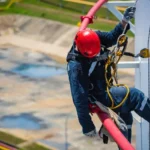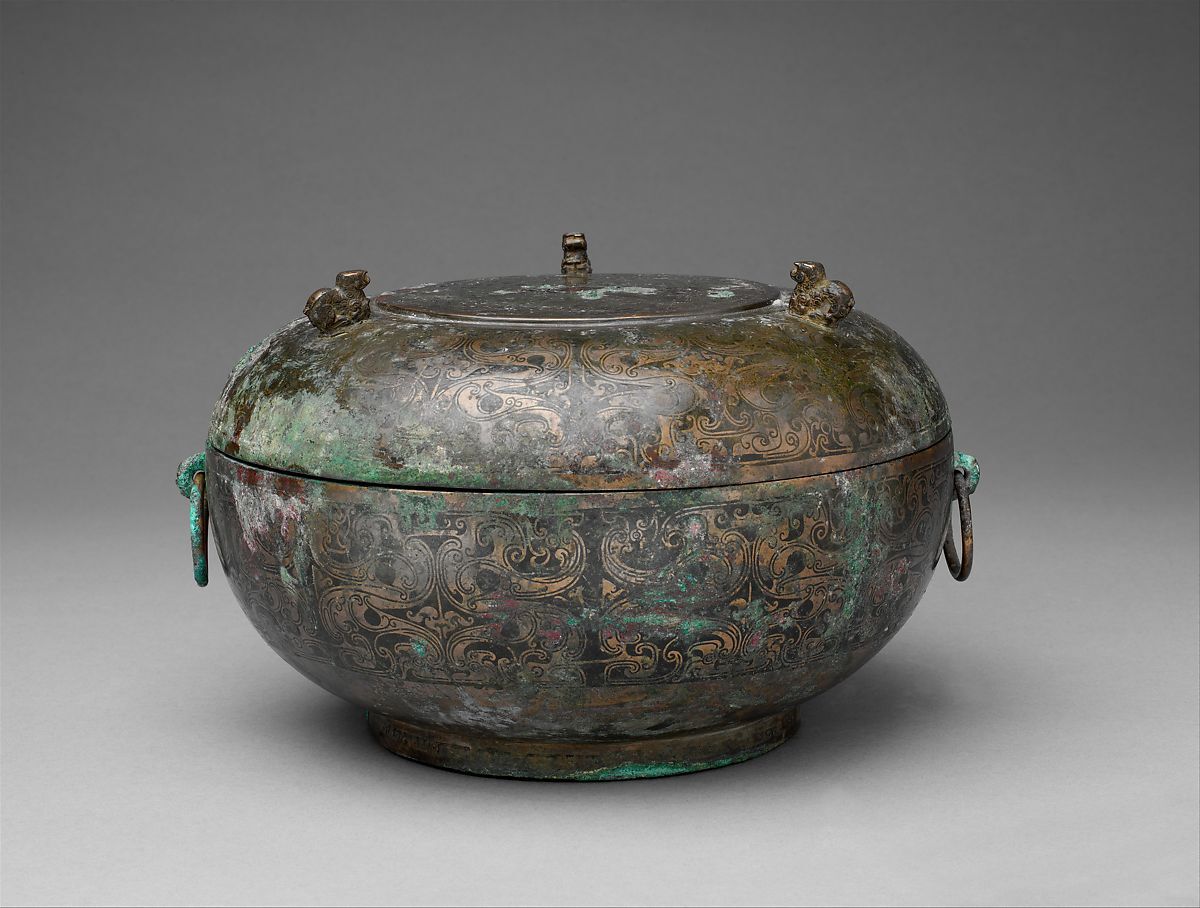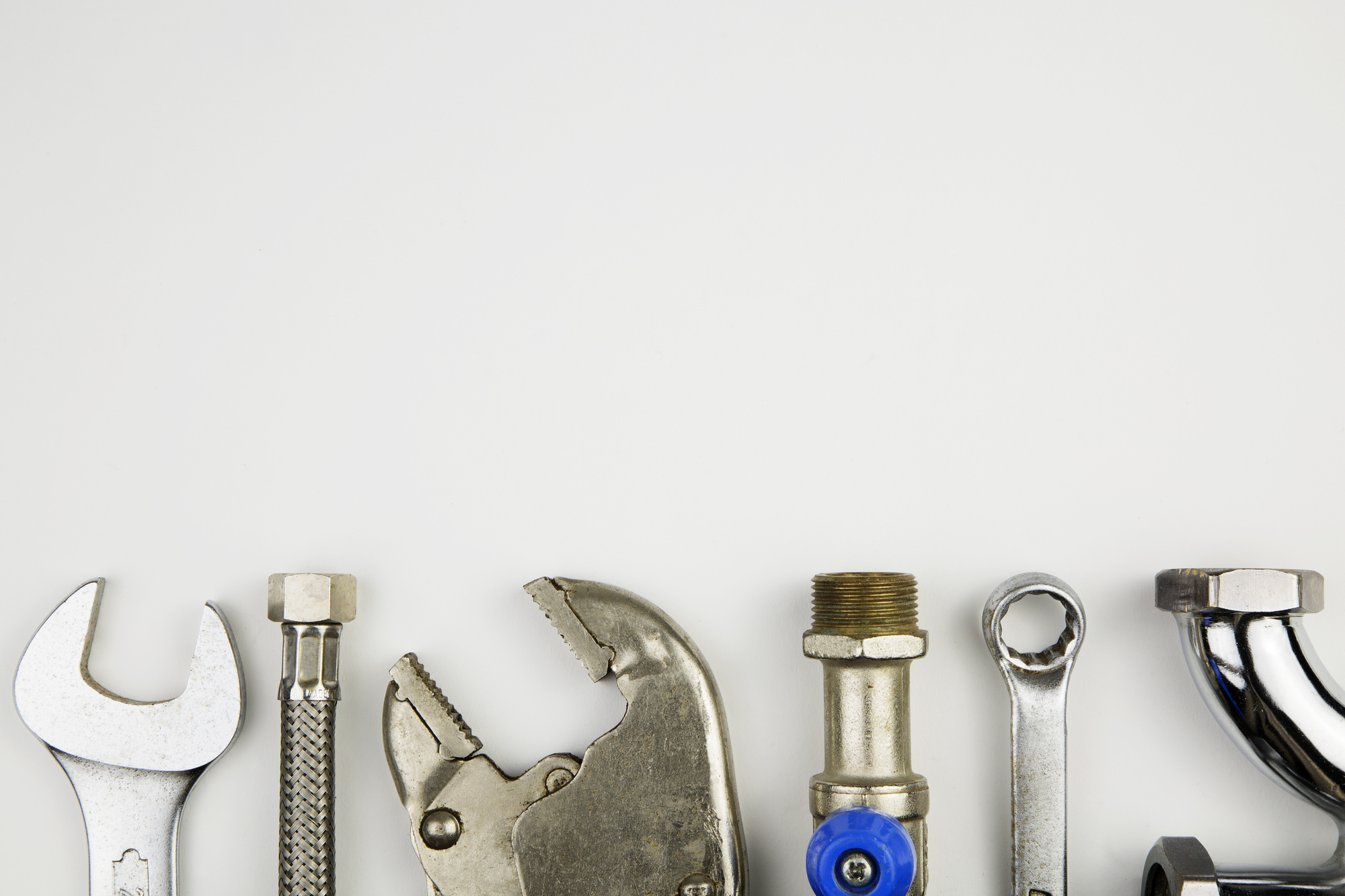Drug and substance abuse is a lingering problem, one that involves uncontrollable alcohol and/or drug use. Anyone with substance addiction can continue using drugs & drinking alcohol, regardless of the possible health problem that the substance can cause in their lives. One thing with drug and substance abuse is that it can negatively affect a person’s daily life, including mental, physical, employment, family and relationships, as well as finances.
Once a person is addicted, it can be very hard to quit using alcohol or drugs because of how they affect their brain. In most cases, it becomes very dangerous to suddenly decrease or stop using certain substances without close medical supervision. With that said, addiction treatment is not easy. However, addressing some of the issues that lead to the problem can help someone recover from drug and substance abuse problems.
So, what is addiction treatment?
This is a series of medical and counseling interventions, specifically designed to assist people struggling with drug and substance abuse to stop using drugs. Also, it assists them to better their involvement within their different spheres of life. Different types of addiction treatment do vary, depending on the type of drug or substance being used, the patient’s mental and medical health needs, and other social problems. At times, a person can seek addiction treatment on their own once they feel the problem is becoming a burden to them. Others are required to join treatment programs because of legal issues. Either way, the aim is to help the individual deal with the addiction problem.
How addiction treatment works
As said earlier, once a person joins an addiction treatment program, the level of care, as well as time taken for such treatment varies depending on their personal needs. Typically, addiction treatment care has the following levels:
- Outpatient services
- Inpatient/residential services
- Partial/intensive patient hospitalization
- Medically assisted intensive inpatient services
Now, considering these levels of care, treatment service providers can recommend the right plan for care depending on a multifactorial assessment of the patient’s risks and support system, among other treatment needs. And, during addiction treatment, several approaches can be implemented, including group and/or individual therapy sessions, medication, or a combination of any of these approaches.
With that said, let’s look at the most effective addiction treatment methods in 2021. Read on for more information.
Detoxification
Detoxification, especially medically assisted detoxification helps a person to safely get rid of any addictive substances in their body. This comes with numerous benefits because substance withdrawal has some life-threatening or unpleasant physical symptoms. However, detoxification is used alongside other therapies because it doesn’t treat the primary behavioral causes of drug addiction.
Rational emotive behavior therapy
Also known as REBT, rational-emotive therapy can assist an addict to identify their negative thoughts and give them solutions to manage or fight the feelings of self-defeat. The main objective of this therapy is to help an addict to realize that they have the power of rational thinking, and it’s not related to external stressors or experiences.
Cognitive-behavioral therapy
Also known as CBT, cognitive behavioral therapy is a valuable and effective addiction treatment method because it’s used to address different types of addiction, like alcohol, as well as prescription drug addiction. Now, cognitive behavioral therapy does not only help one to recognize their unhealthy behavioral patterns, it also helps addicts to learn and identify triggers, as well as develop their coping skills. Just like detox, cognitive behavioral therapy can be used together with other addiction therapies.
The 12-step program
This facilitation therapy is mostly used to treat both alcohol and substance abuse. The 12-step program is a type of group therapy. It helps addicts to recognize the different negative consequences of addiction, which can be social, physical, emotional, and spiritual.
Typically, the 12-step program starts with acceptance. Now, after a person accepts that they have an addiction problem, they proceed to surrender to a higher power, and then they transition to participating in group therapy meetings. Certain programs like the common Alcoholics Anonymous (AA) use group meetings for both mutual support and discussion.
Short-term residential treatment
This addiction treatment mostly focuses on detox and providing preparation and intensive counseling for treatment. Mostly, this takes place in a community-based environment.
Therapeutic communities
These are highly structured addiction treatment programs, which require an addict to stay at a residence for some time. Typically, this treatment takes around 6 – 12 months. The whole of the community, including the recovering addicts and treatment staff act as the main agents of change. Besides, they are encouraged to influence the attitude, behavior, and understanding of the patient in regards to drug and alcohol use.
Recovery housing
This addiction treatment program provides supervised, temporary housing for recovering addicts. However, it also allows other forms of residential or inpatient addiction treatment. The program can assist people to make the transition they need to become independent in life. For instance, addicts are taught to manage their finances, search for jobs, and connect them to community-based support services for addicts.
Medication
When used alongside other behavioral therapies, medication has high efficiency as the efficiency of ibogaine treatment in addiction treatment. Some medications help to reduce addictive behaviors, reduce cravings, and improve mood. For instance, lofexidine, an FDA-approved medication, helps to reduce cravings, as well as manage withdrawal symptoms for patients recovering from opioid addiction. Other medications like acamprosate are known to reduce alcohol addiction.











